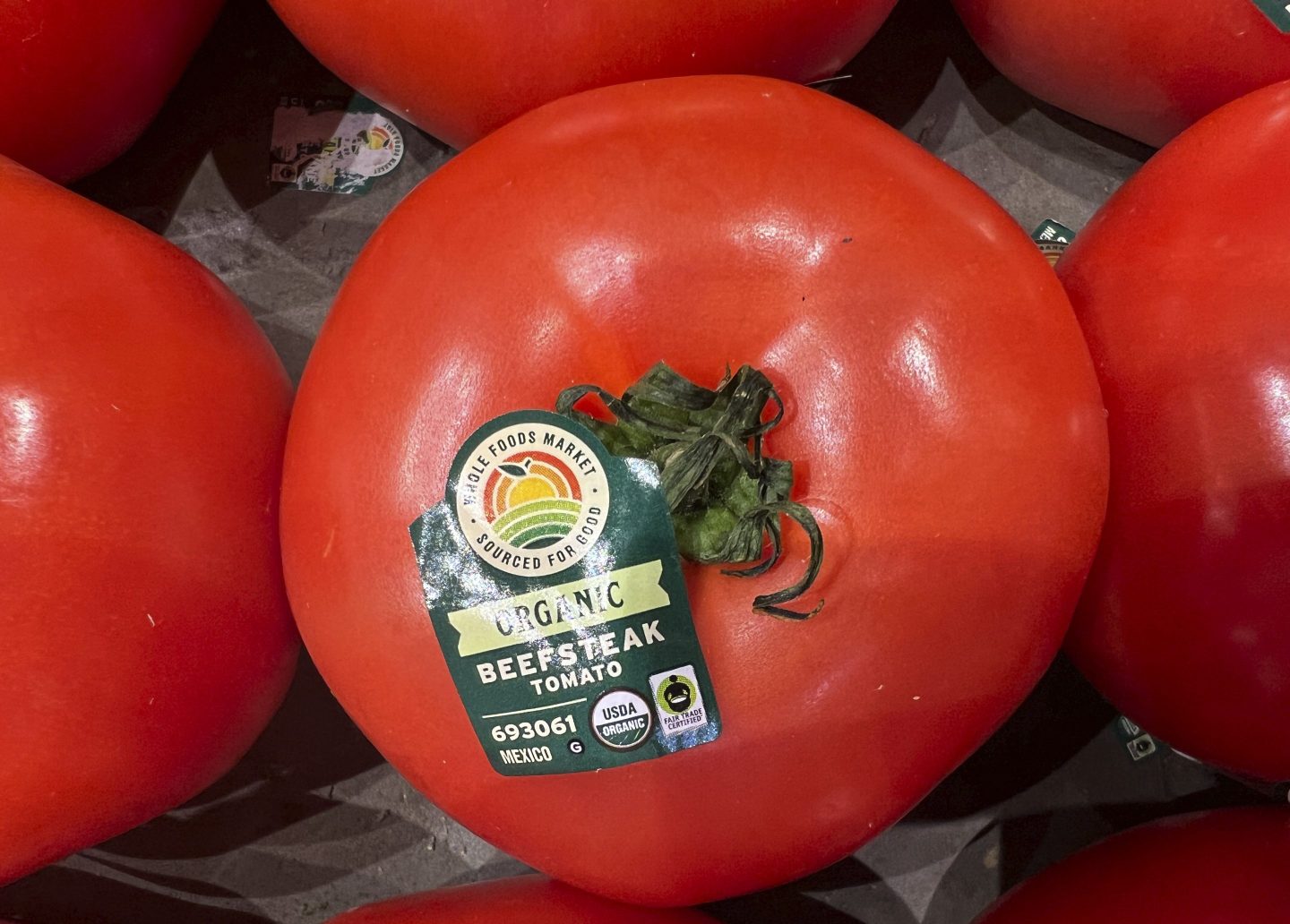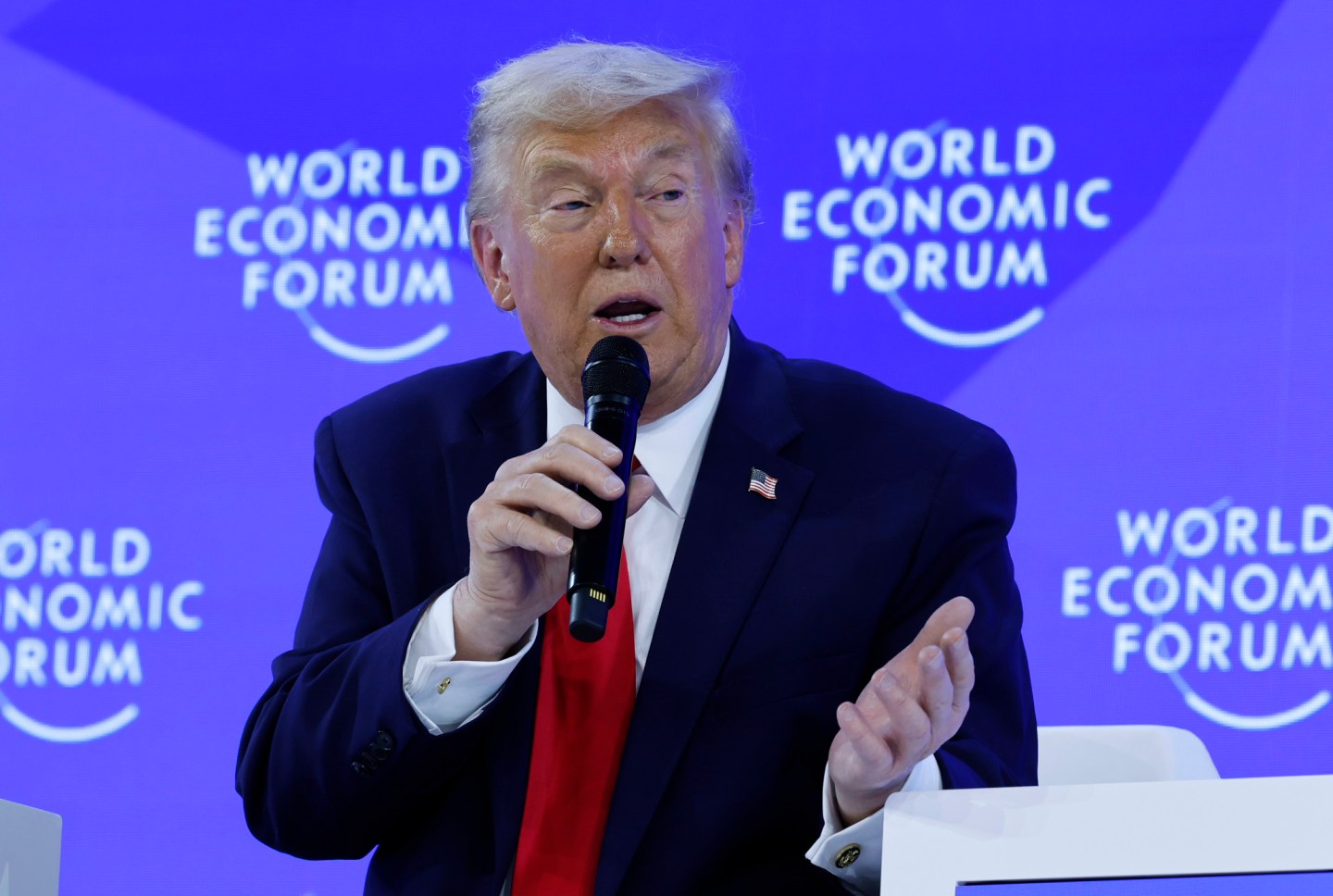The U.S. government said Monday it is immediately placing a 17% duty on most fresh Mexican tomatoes after negotiations ended without an agreement to avert the tariff.
Proponents said the import tax will help rebuild the shrinking U.S. tomato industry and ensure that produce eaten in the U.S. is also grown there. Mexico currently supplies around 70% of the U.S. tomato market, up from 30% two decades ago, according to the Florida Tomato Exchange.
Robert Guenther, the trade group’s executive vice president, said the duty was “an enormous victory for American tomato farmers and American agriculture.”
But opponents said the import tax will make tomatoes more expensive for U.S. consumers. Mexican greenhouses specialize in vine-ripened tomatoes, while Florida tomatoes are typically grown in fields and picked green.
“As an industry, we are saddened that American consumers will have to pay a tomato tax, or duty, for a reduced selection of the tomatoes they prefer, such as tomatoes on the vine, grape tomatoes, Romas, cocktail tomatoes and other specialty varieties,” said Lance Jungmeyer, president of the Fresh Produce Association of the Americas, which represents importers of Mexican tomatoes.
Tim Richards, a professor at the Morrison School of Agribusiness at Arizona State University, said U.S. retail prices for tomatoes will likely rise around 8.5% with a 17% duty.
Jacob Jensen, a trade policy analyst at the American Action Forum, a right-leaning policy institute, said areas with a higher reliance on Mexican tomatoes could see price increases close to 10%, since it will be more difficult to replace that supply, while other parts of the U.S. could see price increases closer to 6%.
The duty stems from a longstanding U.S. complaint about Mexico’s tomato exports and is separate from the 30% base tariff on products made in Mexico and the European Union that President Donald Trump announced on Saturday.
The Commerce Department said in late April that it was withdrawing from a deal it first reached with Mexico in 2019 to settle allegations the country was exporting tomatoes to the U.S. at artificially low prices, a practice known as dumping.
As part of the deal, Mexico had to sell its tomatoes at a minimum price and abide by other rules. Since then, the agreement has been subject to periodic reviews, but the two sides always reached an agreement that avoided duties.
In announcing its withdrawal from the Tomato Suspension Agreement, the Commerce Department said it had been “flooded with comments” from U.S. tomato growers who wanted better protection from Mexican goods.
“Mexico remains one of our greatest allies, but for far too long our farmers have been crushed by unfair trade practices that undercut pricing on produce like tomatoes. That ends today,” Commerce Secretary Howard Lutnick said in a statement. “This rule change is in line with President Trump’s trade policies and approach with Mexico.”
But others, including the U.S. Chamber of Commerce and the National Restaurant Association, had called on the Commerce Department to reach an agreement with Mexico. Texas Gov. Greg Abbott, a Republican, and Arizona Gov. Katie Hobbs, a Democrat, had also urged the Commerce Department to leave the current tomato agreement in place.
In a letter sent to Lutnick last week, the U.S. Chamber of Commerce and 30 other business groups said U.S. companies employ 50,000 workers and generate $8.3 billion in economic benefits moving tomatoes from Mexico into communities across the country.
“We are concerned that withdrawing from the agreement – at a time when the business community is already navigating significant trade uncertainty – could lead to retaliatory actions by our trading partners against other commodities and crops that could create further hardship for U.S. businesses and consumers,” the letter said.












